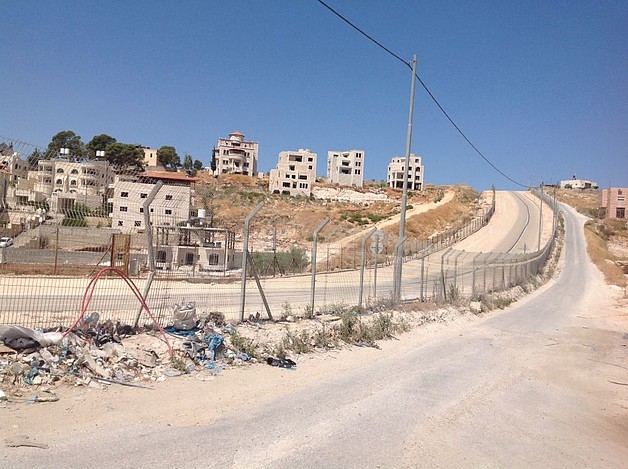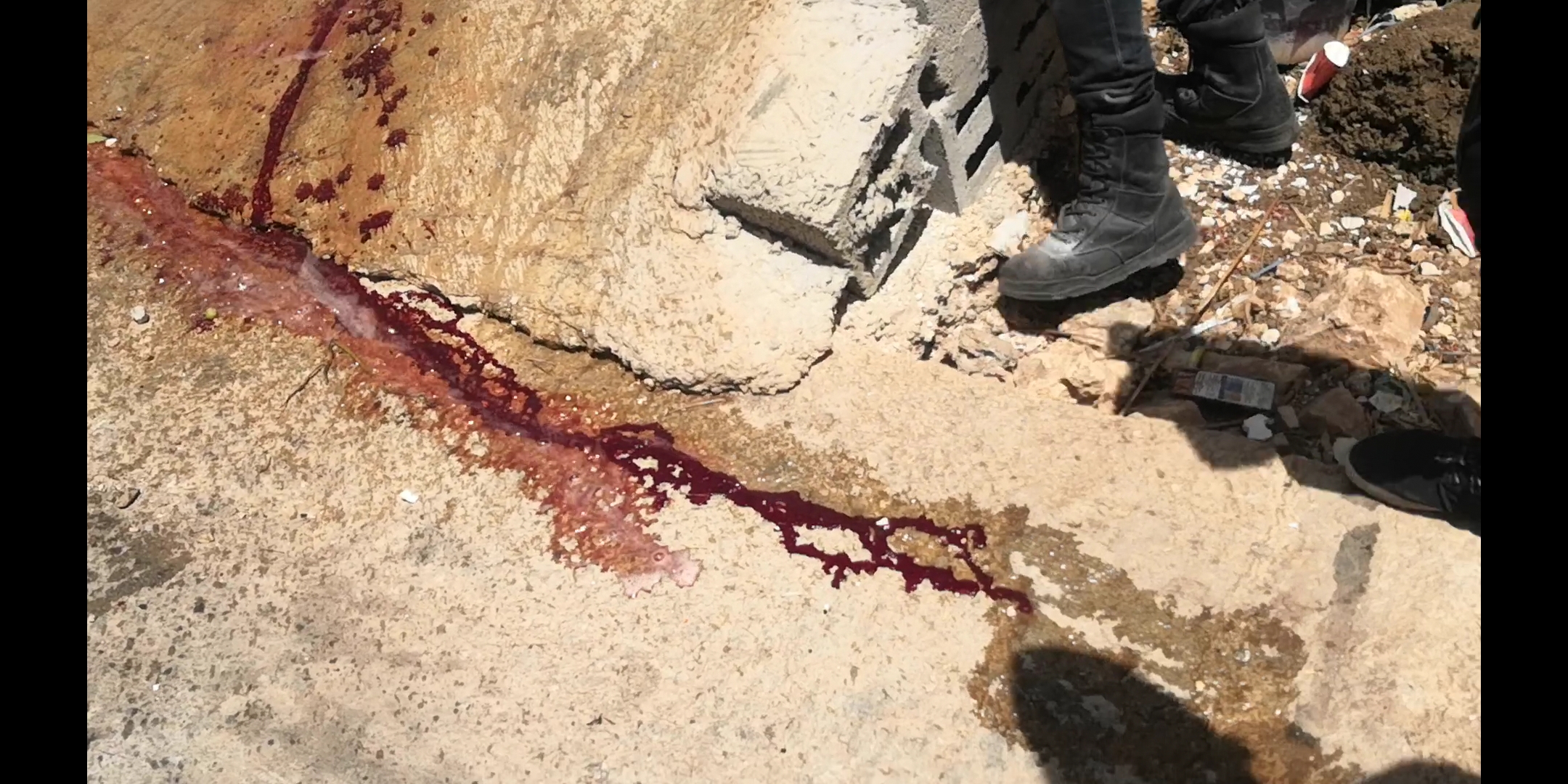Category: Features
-
Israeli human rights group proves military used live fire to shoot 9-year-old child in West Bank town
July 19 2019 | International Solidarity Movement | Kafr Qaddum, occupied Palestine An Israeli human rights group has proved that live fire was used by soldiers against the 9-year-old child who was shot in the head last Friday in Kafr Qaddum, exposing Israeli Military lies that none was used. The report by B’Tselem, published yesterday,…
-
Mondoweiss: Israel is planning on demolishing dozens of East Jerusalem homes under PA control
July 18 | Yumna Patel | Mondoweiss In less than 24 hours, 42-year-old Ismail Obeidiya, his wife Nida, and their six kids, could be made homeless. It’s a terrifying reality that Obeidiya is struggling to grapple with, his unease and frustration more palpable with every word. “We fought so long and so hard, for years,…
-
UPDATE: Over 100 bullet fragments in brain of Palestinian child shot in northern West Bank
July 15 | International Solidarity Movement | Kafr Qaddum, occupied Palestine Israeli soldiers shot a Palestinian child in the head with live ammunition on Friday during a protest against settlement expansion in the West Bank town of Kafr Qaddum, Palestine. Abdul Rahman Yasser Shteiwi, 9*, was rushed to Rafidia Hospital in Nablus at around 3pm…



